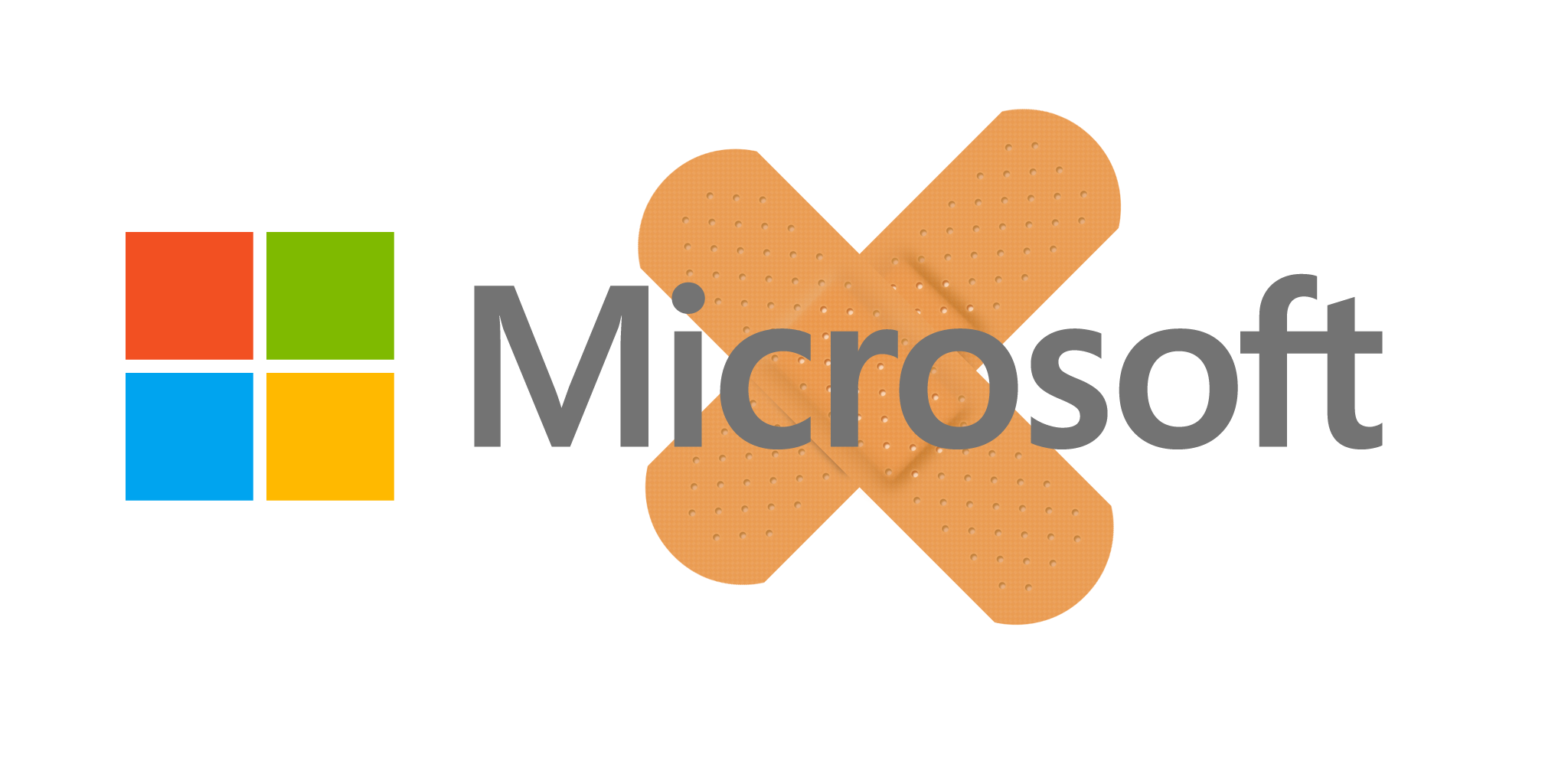Facepalm: Occasionally, Microsoft sends users into a frenzy with unpolished or bugged OS updates, causing various stability and reliability issues. The most recent patches for Windows 11 seem to belong to this unfortunate category of failed updates. Break out the Band-Aids.
Microsoft dropped an update (KB5034765) for Windows 11 on February 13. The patch includes non-security improvements for Windows 11 22H2 and 23H2. However, the update is also causing some unexpected issues for an unspecified number of users, so much so that Microsoft officially acknowledged the problem.
Users were already lamenting the unreliable state of the patch after experiencing various issues, including the sudden disappearance of the Taskbar and unexpected File Explorer crashes. Some also complained of degraded performance after installing the update.
Yet other Windows 11 users reported failures during downloading or installation. The installation procedure would stop responding at 96 percent, spitting out a “0x800F0922” error with the note that “something didn’t go as planned.” Windows Update would then start undoing changes and reverting the system to its previous working state. Microsoft acknowledged this latest problem on the “known issues” Windows dashboard, explaining that developers are working on a proper solution to the bug.

While waiting for a patch to fix yet another failed update, Windows 11 users can try to prevent the error by deleting the hidden folder “C:\$WinREAgent” and starting the KB5034765 update again. The installation process should then succeed, Microsoft claims.
Bugs and reliability issues aside, highlights for the update include a new Copilot “experience,” which replaces the “show desktop” feature at the rightmost corner of the Taskbar. On Windows 11 22H2, the update fixes some issues affecting Narrator announcements, Explorer.exe, and the downloading of device metadata.
On the bright side, the patch provided fixes for 73 security vulnerabilities, including five critical bugs related to remote code execution, denial of service, and access privilege escalation. It also plugged two actively exploited zero-day holes – one in the SmartScreen Security Feature (CVE-2024-21351) and the other in the Internet Shortcut Files Security Feature (CVE-2024-21412).

